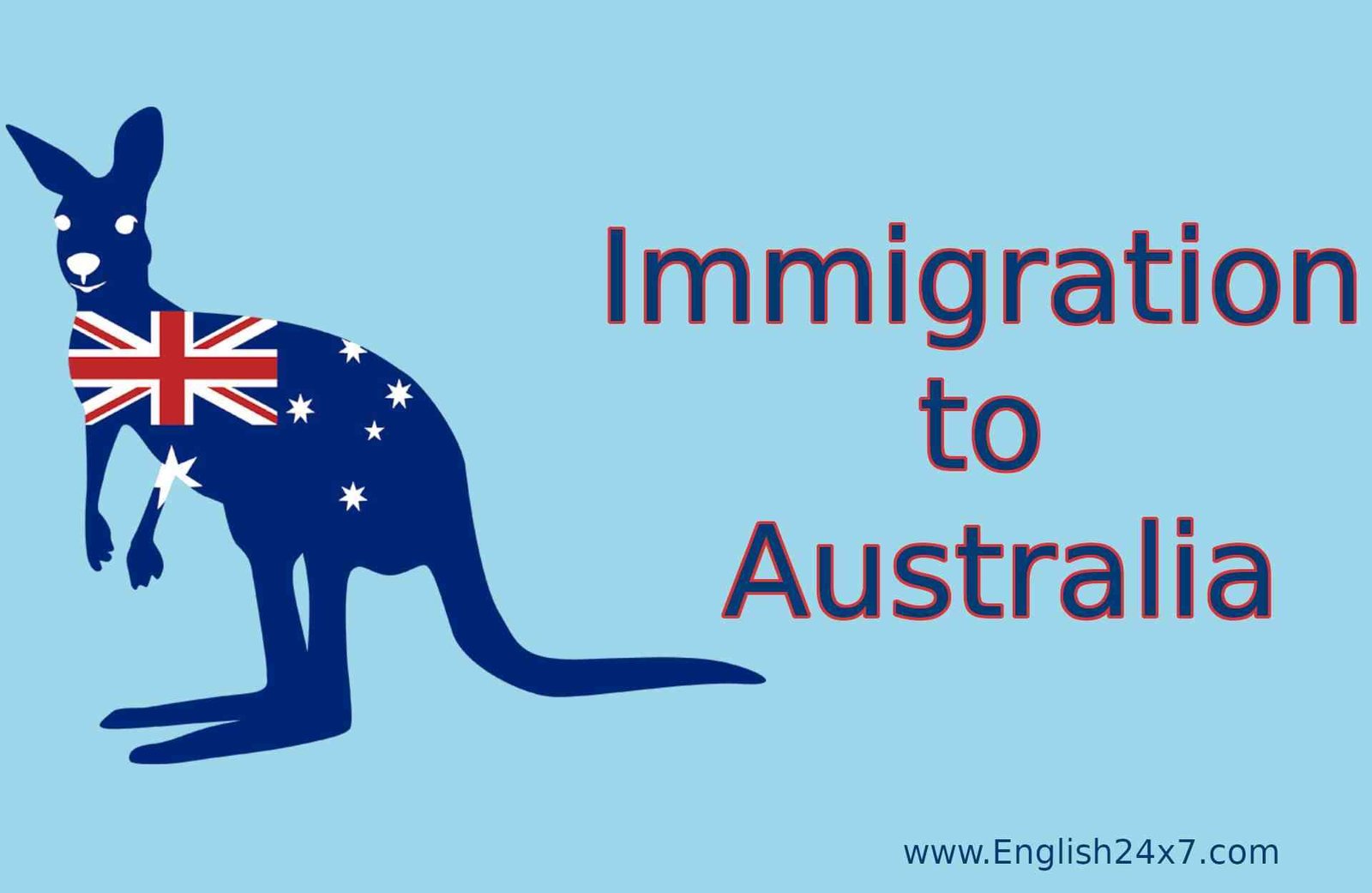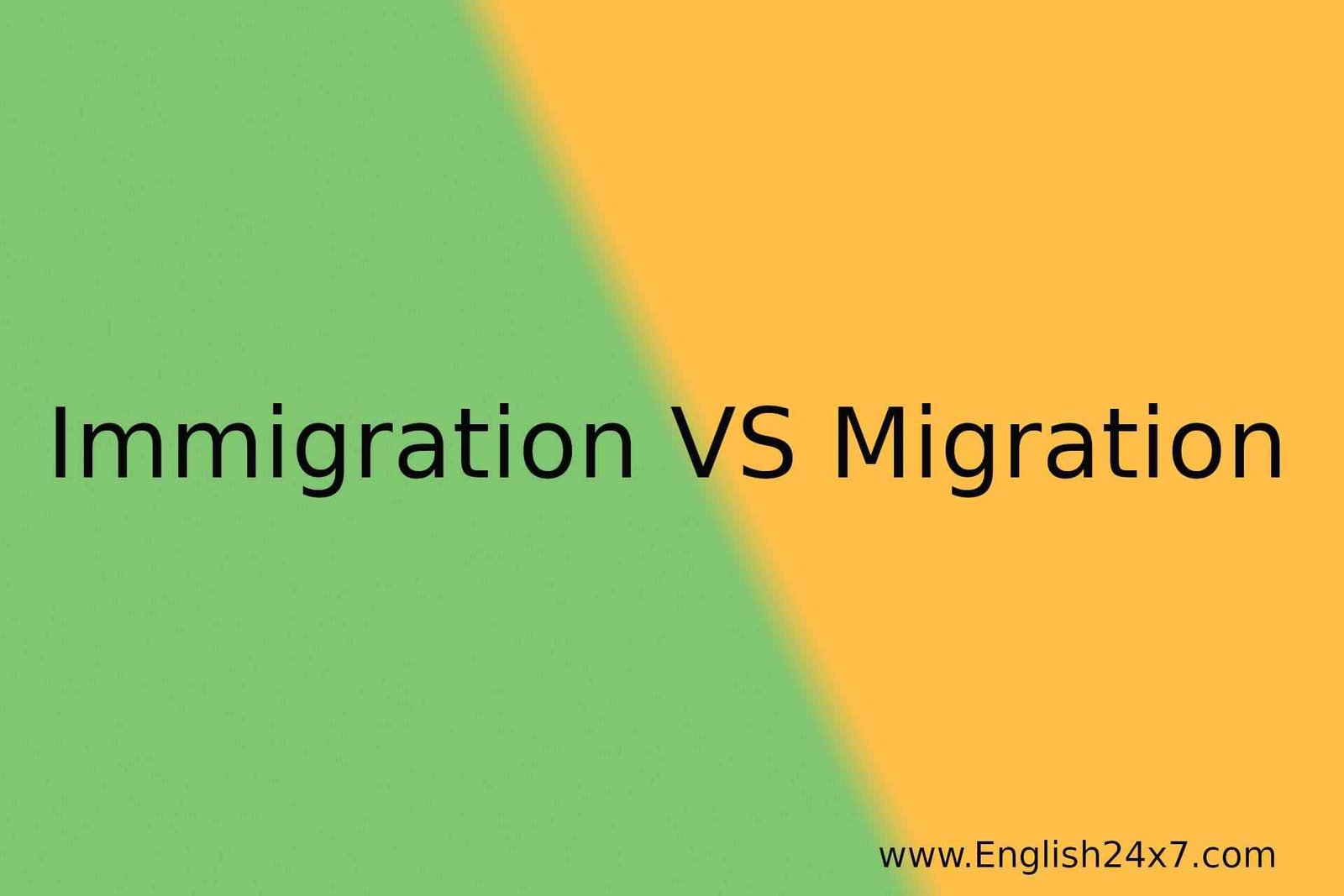
Know the complete details about Australia Immigration
Australia is one of the most chosen desired destinations. Australia has a welcoming culture, vibrant cities, and sunny beaches. Its great quality of life and stable economic prospects attracts a lot of people.
Australia is a culturally-diverse nation. It has a highly-skilled workforce. Australia is the sixth-largest country in land area. The current population of Australia is 26,042,818. 30% of Australia’s population are from overseas.
Prominent cities in Australia – Canberra, Australian Capital Territory, Sydney, New South Wales, Melbourne, Victoria, Perth, Western Australia, Adelaide, South Australia, Brisbane, Queensland, Darwin, Northern Territory, Gold Coast, Queensland, Hobart, Tasmania, Cairns, Queensland.
Reasons for Australia’s Immigration:
It has a stable economy, Jobs available across various sectors – engineering, IT, education, healthcare, service etc,citizen-first policies, free healthcare, free education for children, a favourable climate with plenty of sunshine, multicultural cities that offer a high standard of living.
REQUIREMENTS FOR AUSTRALIA IMMIGRATION:
- A minimum score of 65.
- Below 45 years of age.
- English proficiency in PTE Score or IELTS.
- Skill assessment by certified authorities in Australia.
- The occupation should be listed in Australia’s skilled occupation list or in priority migration skilled occupation list.
Proceeding with Australia’s Immigration:
Australia is one the most urbanized countries. It consists of a wide range of job openings in fields like Engineering, Healthcare, IT, Construction and Mining, Manufacturing, Tourism, and Accounts and Finance.
Australia’s Immigration is calculated based on the following factors:
Age, education, work experience, english language proficiency, adaptability.
Ways through which you can immigrate to Australia:
There are a number of ways like Australia skilled migration, business migration, employer nominated migration, Australian permanent residency pathways for Australia PR Visa.
- Work Stream Permanent Residence
- Family Stream Permanent Residence
- Investment stream permanent Residence
Is Australia immigration easier:
Australia immigration has the most efficient and regulated program which makes the moving process easier. You have several options where some of the most popular migrations include: Global Talent Visa. Employer Nomination Scheme.
What is changing in 2022 in Australian Immigration Law:
Subclass 191 visa due to commence in Nov 2022:
The Australian gov introduced the subclass 491 skilled work regional visa and the subclass 494 skilled employer sponsored regional visa, in nov 2019. These visa subclasses provide the state and territory gov and employers in regional Australia a broader range of skilled occupations. Some other criteria for this visa include relevant work experience, English language proficiency and age limits.
Visa extension for subclass 489, 491 and 494:
On jan 18,2022, the Minister has announced that subclass 489, 491 and 494 visa holders impacted by COVID-19 travel restrictions visa will be extended by 3 years.
COVID-19 related travel restrictions:
The Australian Govcan change the restrictions on travel in and out. The States and Territories can also change their quarantine requirements if necessary. They need to apply for a travel exemption for those who are unvaccinated. Travelers will be asked to undergo COVID testing. They have to complete the required paperwork such as the Australia travel declaration.
They need to follow applicable quarantine requirements. Travel restrictions and quarantine requirements will likely continue to be updated and changed in response to the severity of the COVID-19 in Australia.
Migrants who are traveling to Australia should obey the laws of Australia:
These values include respect for the freedom and dignity of the individual, equality of men and women, freedom of religion, commitment to the rule of law, parliamentary democracy, tolerance, fair play, equality of opportunity for every individual, regardless of their race, religion, gender or ethnic background etc.
What do you understand by Australian visa:
An Australian visa totally depends upon the purpose of your visit. Is this for tourism or for some business, work, studying, or to visit a family member. Passport holders can obtain a visa very easily online, while others have to submit a paper application at an embassy. It allows you to travel to Australia for a predetermined period of time. Australia does not issue visa stamps on your passport.
When should you apply for a visa:
You should apply at least a month before you plan to travel,If you are applying for a tourist visa. You can apply about a week before your trip, If you are applying for an evisitor or ETA. If you are applying for a long-term visa, such as a work visa, you will have to start the process as soon as possible since the whole process can take months to complete the procedure.
Types of visas:
- Visitor visa
- Study and training visa
- Parent visa
- Partner visa
- Family visa
- Humanitarian visa
- Bridging visa
- Work visa
- Business and investment visa
- Work and holiday visa
- Transit visa
- Special category visa
- Resident return visa
- Declaratory visa
Processing Time for an Australian Visa:
Processing time depends upon the visa type. Tourist visa applications are processed within a few weeks, to a maximum of 4 months. It can take several months to more than a year for long-term visa applications.
Is There any need of health insurance for a visa:
You are always required to have proper Australian health insurance for a long term visa. It is not usually obligatory to get health insurance For visitor visas. The government strongly advises travellers to get it.
Can Australian visa be extended:
You can apply for a new visa at least two weeks before your current one expires till your visa does not have a no further stay notice. This means that if you have entered using a tourist visa you cannot extend or apply for a new visa.
How long you can stay after your visa expiers:
Only if you have applied for another type of visa,then you are allowed to stay in Australia after the expiry of your visa. If you overstay, it could affect your future visa applications.
How to pay for visa:
You should pay your visa fee through your credit or debit card. If you apply at an Embassy, the office will notify you how to pay the fee.



